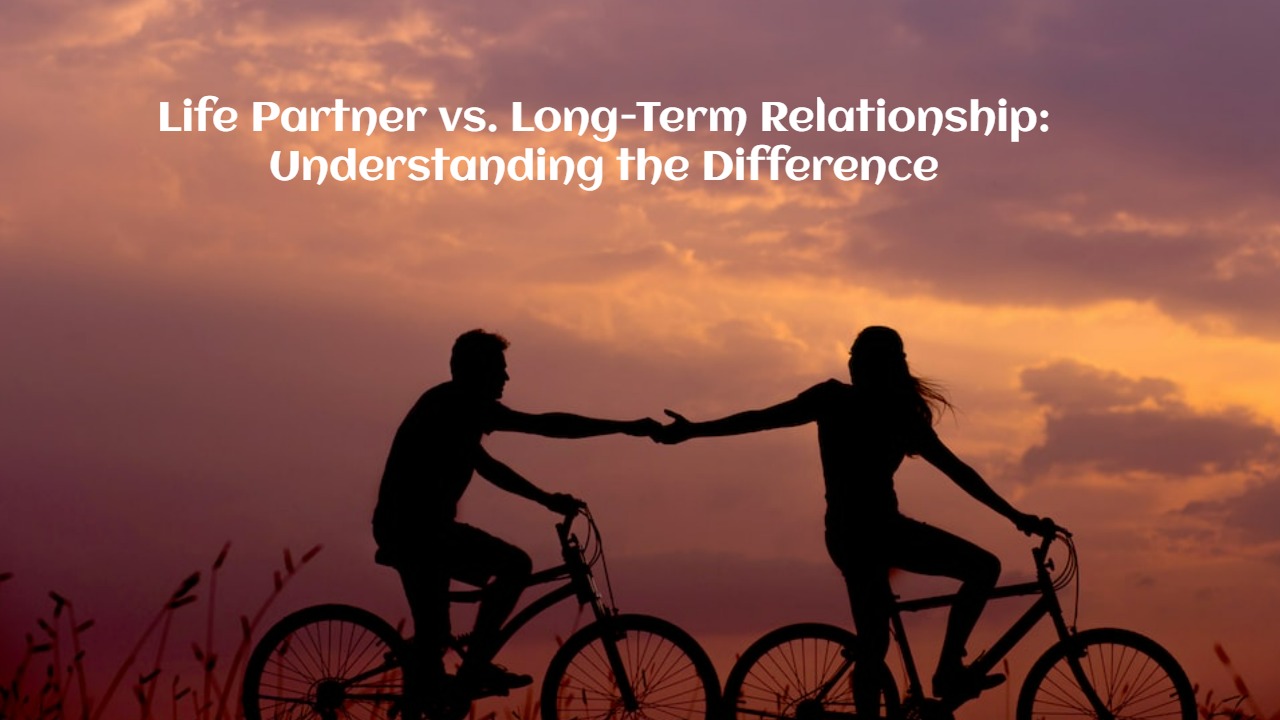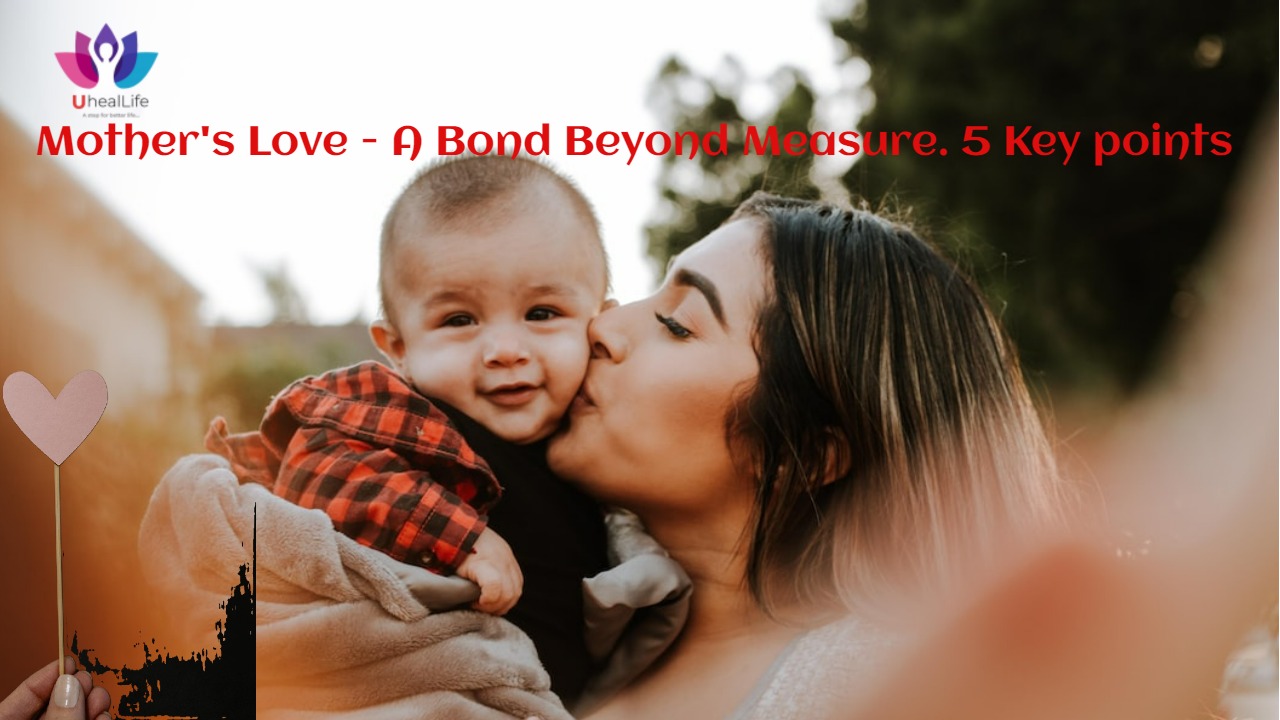A Guide to Happiness in Marriage: Uncovering the Secret to Happy Wives, Happy Lives, and Happier Husbands
It is a beautiful journey filled with love, companionship, and shared dreams. In the realm of matrimonial bliss, the saying “Happy Wife, Happy Life” has gained popularity, emphasizing the crucial role a contented wife plays in a harmonious marriage. However, the equation is not unidirectional; the happiness of a husband is equally vital. In this exploration, we delve into the dynamics of a happy marriage, highlighting the significance of not only a happy wife but also a happy husband.
Balancing Act: Nurturing a Happy Wife
The foundation of a happy marriage lies in understanding and meeting each other’s needs. For a wife, this often involves acknowledging her desires and ensuring effective communication. Active listening becomes a powerful tool, allowing husbands to truly comprehend their wives’ feelings and concerns. Emotional support and genuine appreciation go a long way in fostering a sense of security and love. Shared responsibilities both in and outside the home create a collaborative atmosphere, preventing the burden from falling solely on one partner.
Happy Husband, Happy Home
A happy marriage is a two-way street, and the happiness of the husband is equally crucial. Open communication is key to understanding his needs, dreams, and challenges. Supporting his personal and professional growth cultivates a sense of partnership, where both spouses contribute to each other’s success and well-being. Building a foundation of trust and companionship ensures that the husband feels valued and respected, fostering a positive and loving environment at home.
Teamwork Makes the Dream Work: Collaboration in Marriage
Marriage is a collaborative endeavor, and successful couples recognize the importance of teamwork. Balancing individual goals with shared aspirations creates a dynamic partnership. Tackling challenges together and celebrating victories as a team strengthens the bond between spouses. Creating a supportive environment for each other allows couples to weather the storms of life with resilience and love, laying the groundwork for a lasting and fulfilling marriage.
The Ripple Effect: Spreading Happiness in the Family
The impact of a happy marriage extends beyond the couple to the entire family. Children and extended family members benefit from the positive atmosphere created by contented spouses. Cultivating positive habits and rituals as a couple sets the tone for a thriving family ecosystem. Nurturing a joyful environment at home contributes to the emotional well-being of all family members, creating a legacy of love and happiness.
Investing in Your Relationship Bank: Continuous Improvement
A successful marriage requires ongoing investment in personal and relational growth. Both partners must commit to self-improvement, adapting to the evolving needs of the relationship. Embracing change and seeking professional help when needed are signs of a mature and resilient partnership. The journey of growth and development as a couple is a testament to the commitment to building a strong and enduring connection.
Conclusion:
“Happy Wife, Happy Life, Happy Husband” encapsulates the essence of a balanced and fulfilling marriage where both partners actively contribute to each other’s happiness. By understanding and nurturing the needs of both spouses, couples can create a resilient foundation for a joyful and lasting relationship. It’s not just about making one person happy; it’s about building a life where both partners thrive together, creating a love story that withstands the test of time.






